At home in the UK, learning is a privilege that we largely take for granted. More or less everyone goes to school, and a large proportion of the population have opportunities for additional learning throughout their lives. Things are different in Madagascar, a country where over 90% of the population live on less than $2 per day. In Andavadoaka village and the surrounding Velondriake Locally Managed Marine Area on the southwest coast, only one in three children go to school.
In my journey as a marine conservation volunteer in Andavadoaka, where Blue Ventures’ Madagascar expeditions are based, learning started on day one. The challenge: learn 31 fish families, 154 fish species, and 194 phenotypes. We then had to score over 90% to pass a theory exam, and pass an in-water test. Easy? Hmmm not so much, but with the encouragement of the team, particularly Christine our Field Scientist, we got there in the end! Having learned all the essential knowledge, we were then let loose on the reef to begin data collection – an incredible experience, but a story for another day…
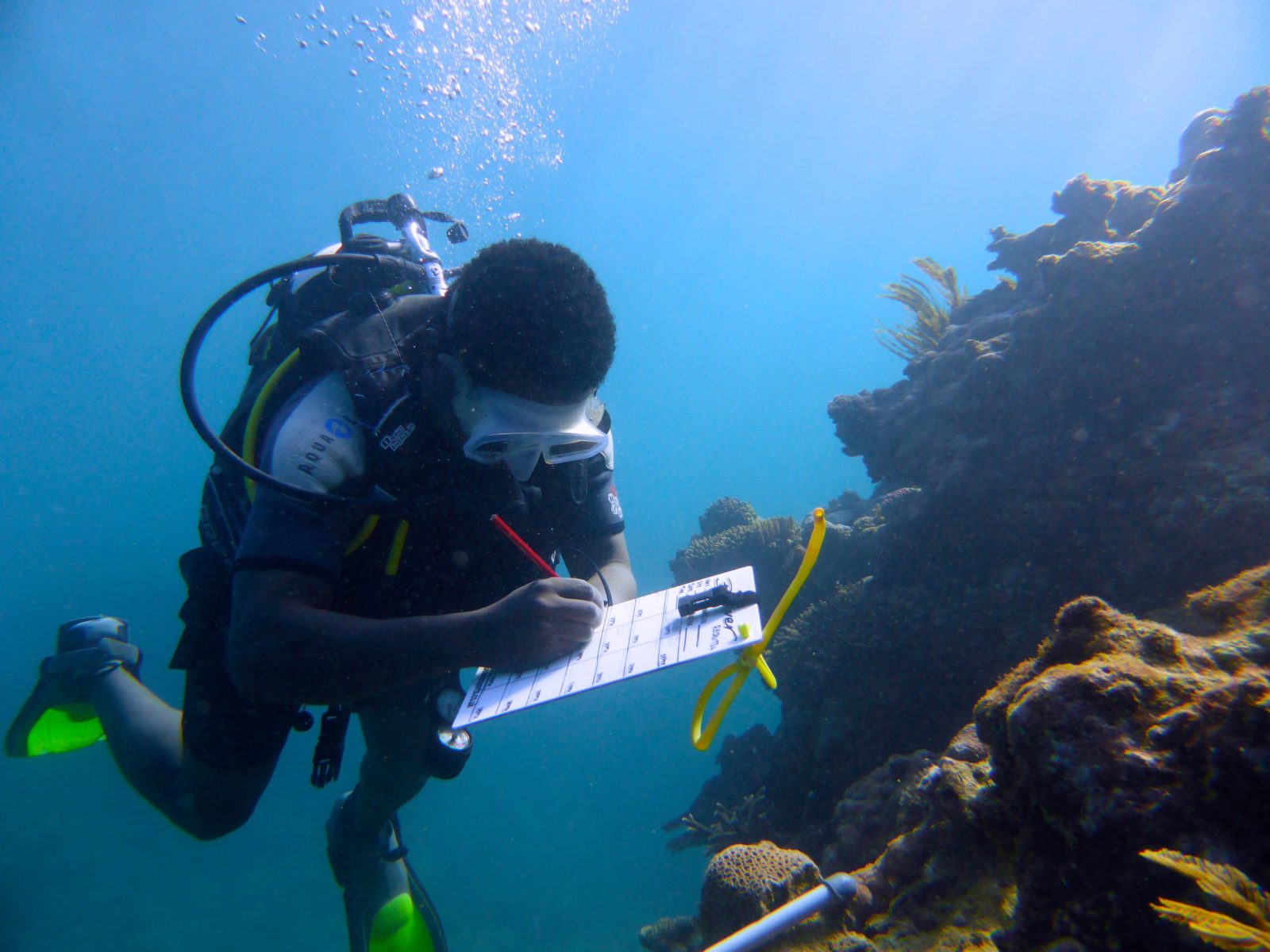
Get involved in marine research!
Volunteer learning also came in the form of Jacks (BV’s Community Liaison and Homestays Coordinator), who was tasked with teaching us about Malagasy culture, in particular that of the Vezo people of the coastal southwest. We learnt traditional Vezo fishing and sailing techniques, some classic Malagasy recipes, and – with the help of the whole expeditions team – some Malagasy words and phrases. The conversations we had in these language lessons were so engaging that ultimately at least 50% of daily conversation with the team was in some form of Malagasy or French.
We all learned a huge amount, but I found that sharing skills was an equally rewarding part of my Andavadoaka experience. I greatly looked forward to our English-practice sessions with Malagasy expedition staff members, where we gradually made our way through the classroom library. We also worked with community tour guides to devise key phrases they could use in their work, usually in interactive role-play sessions where the volunteers would pretend to be tourists to practice conversations. Finally, our group helped to develop sessions on computer skills, which ranged from basic typing practice to the use of more advanced software that staff members wanted to use in their work. These sessions were also great opportunities for all of us to expand our vocabularies too!
Our combined thirst for knowledge, aided by Jack’s brilliant translation skills, made these sessions a really valuable and worthwhile experience for everyone involved.
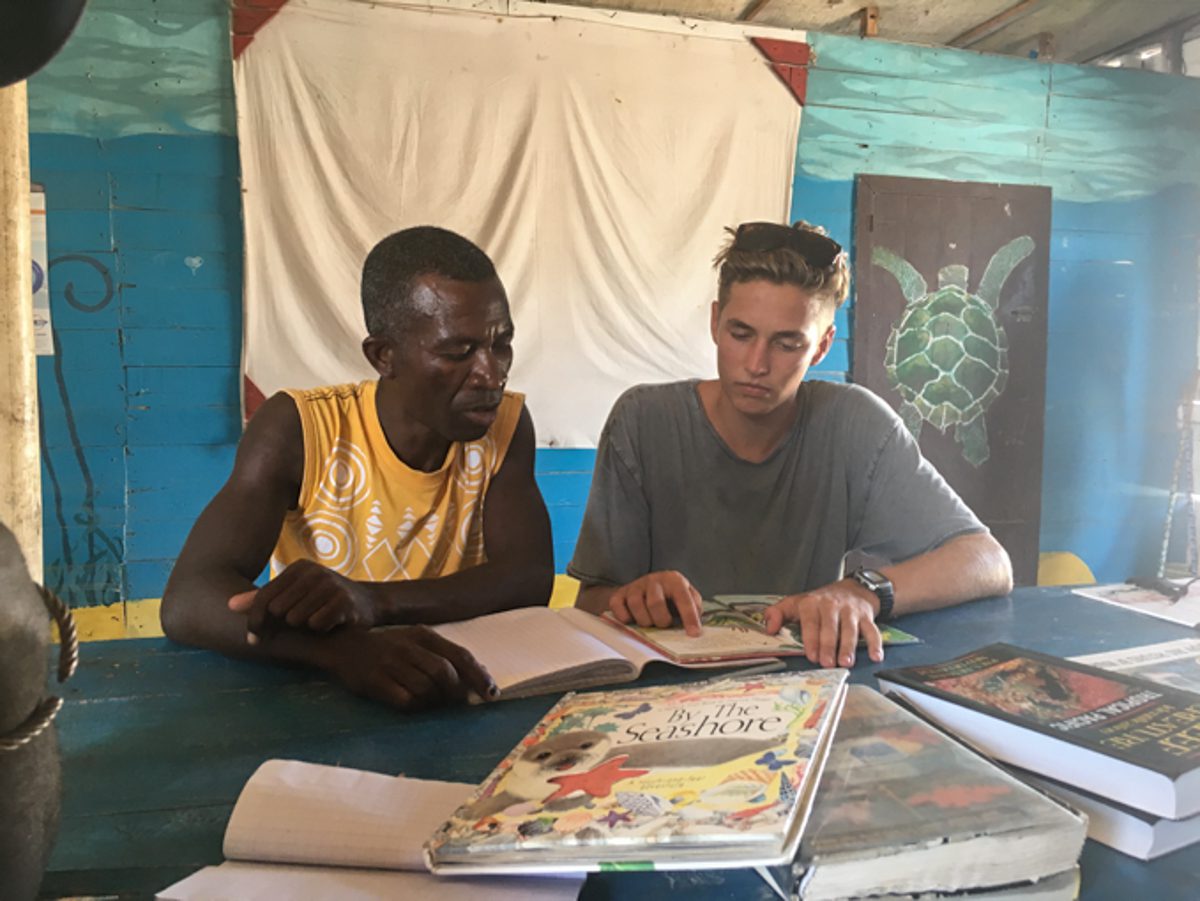
Dupont and Will working through an English book | Photo: Rosemary Hartley
The final component of the education extravaganza came in the form of the very lovely Feno, who showed us the work done by BV’s education programme. This year they’re enabling families in Velondriake to send more than 250 children to school and 12 students to university thanks to the scholarships scheme, as well as running at least ten educational clubs for young people in the area, including English, Environment, and Girls clubs. It’s so easy to support this programme from anywhere in the world, and I really encourage that you do!
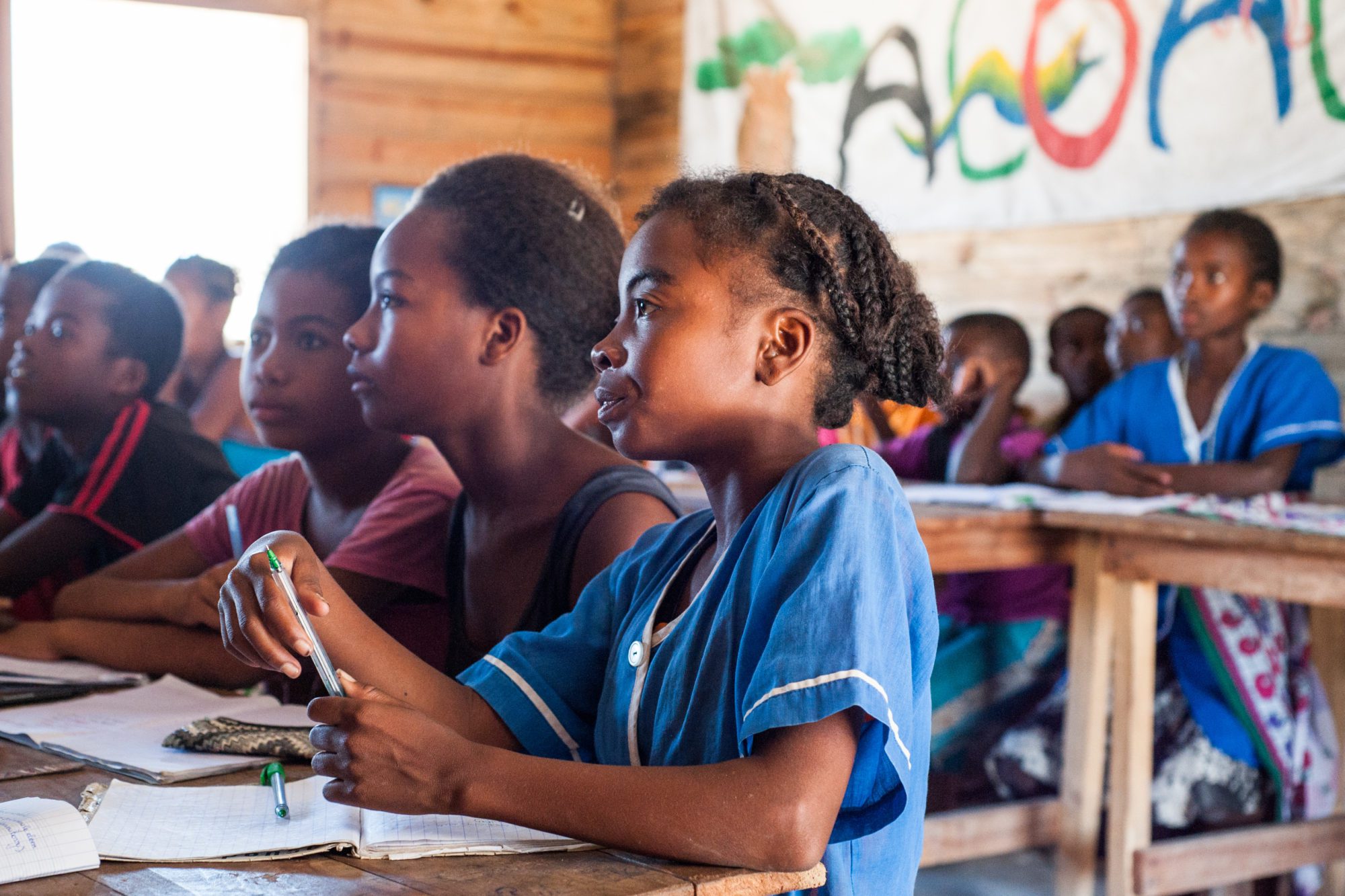
Students in Andavadoaka | Photo: Louise Gardner
All in all, education has been a much more significant aspect of my expedition than I ever expected, and I enjoyed every minute of it. I sincerely hope that I made as much of a difference in the lives of the people I worked with as their teachings have made to my own. I know I at least created a few laughs through my occasionally hilarious attempts to speak Malagasy!
Has Rosemary persuaded you to get involved? Join a marine conservation expedition in Madagascar.
Sponsor the education of a Vezo student, just £5 a month is enough to send two children to primary or middle school for a year!
The cover image of the volunteer cabins in Andavadoaka was taken by Emre Erduran.


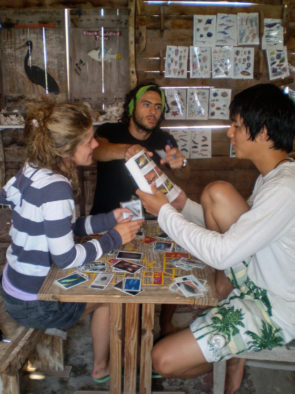
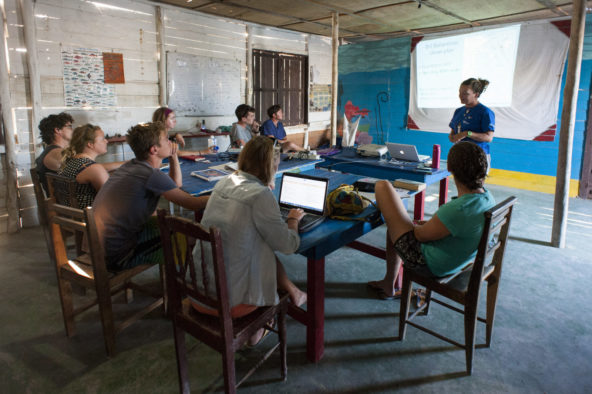
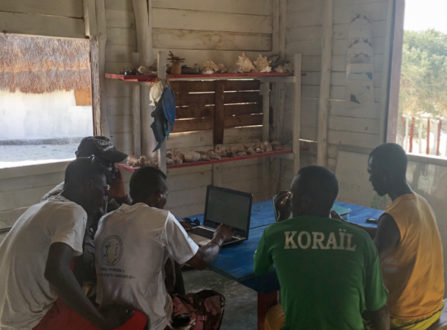
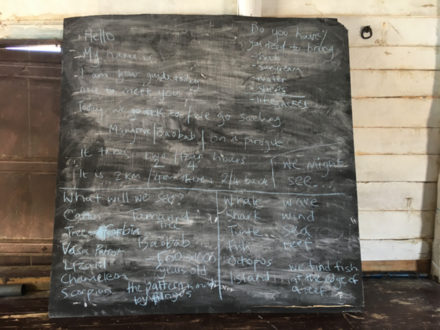
I agree that Edycation is one of the most important systems and tools in this world – so I really liked reading about it in the Blue Ventures.